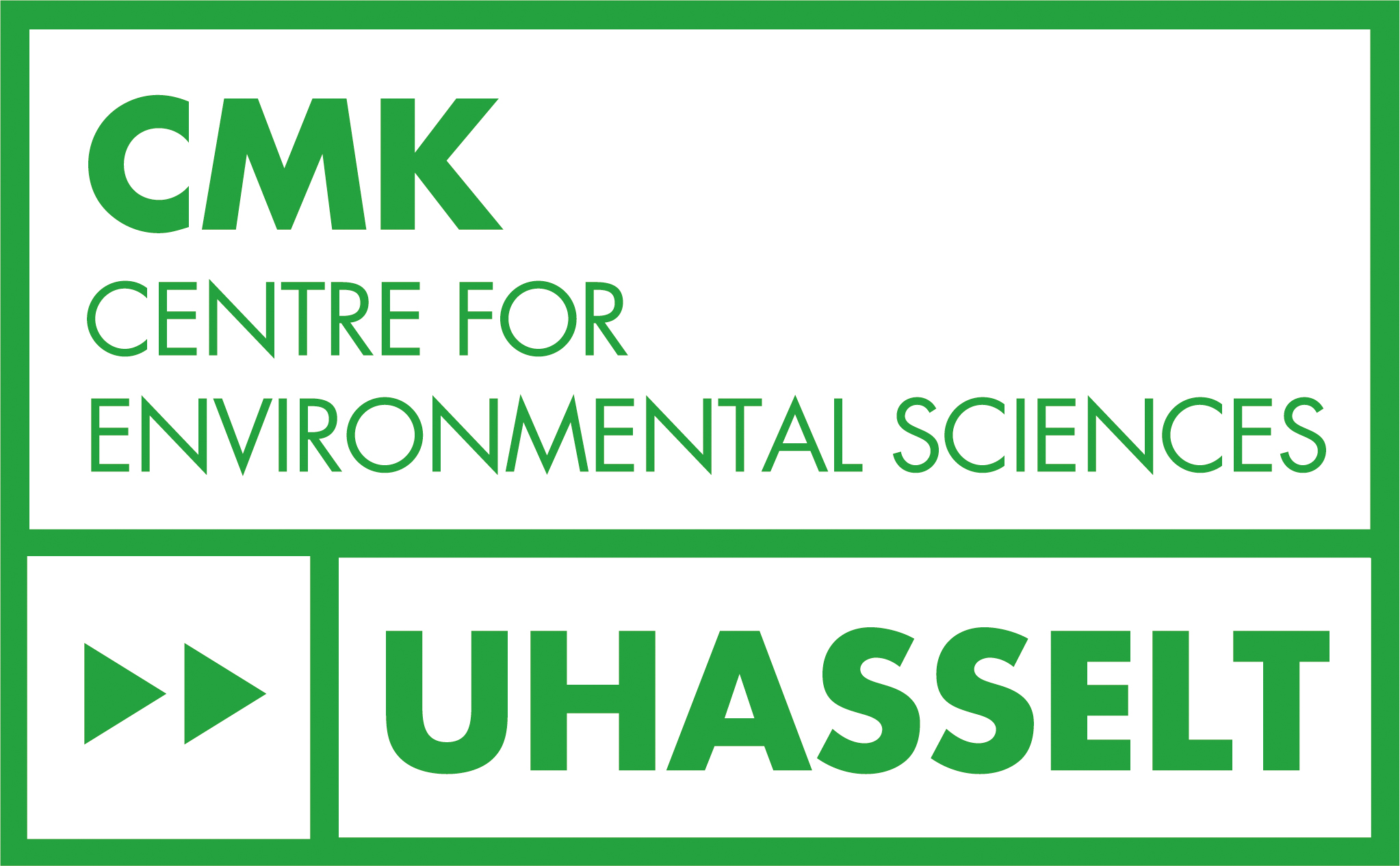Optimize agricultural production under climate change - using simulations in the Ecotron


We perform state of the art climate change simulation in our ECOTRON facility for future proof agriculture
There is land that is left aside from agricultural use, because it is too poor, too polluted, or too dry to be profitable. This represents a large area in Europe, more than 38.5 million Ha. On the other hand, there is an ever increasing pressure on arable land, to be able to feed the increasing world population. Can we make this marginal land attractive again for food or feed production? If yes, how? And can we do that with a minimal C footprint? These are questions that researchers over the world are busy answering. We study how we can produce biofortified and climate-resilient food and fodder.
We simulate the effect of future climate on the functioning of natural ecosystems, and the consequences for society.
Climate change will favor dominance of fast-growing, resilient species. One of the main consequences of climate change, at least in the EU, is that weather will become increasingly extreme. This will result in more extreme events: more droughts, more floods, more heatwaves. This will cause plant mortality, even to stress-tolerant species, as these extremes will become increasingly severe over the years. Usually, the plants that tolerate a high level of stress are growing slowly, because they allocate lots of their energy to stress resistance. In opposite, species with low stress tolerance are often fast-growing and resilient, and will recover faster from extreme events.
Long term experiments
- BioFoodonmars - We evaluate the benefits of using Si amendments on crops growing on marginal land, under future climate conditions
- Drought impact on heathland - This ecotron experiment simulates the effect of future climate on the functioning of the heathland ecosystem, and the consequences for society
- Q-Pear - In this project we assess how growth of pear trees, pear quality and functioning of the pear orchard agri-ecosystems will be affected by future climate
- Ecotron infrastructure
Professors
Natalie Beenaerts

Environmental Biology
Francois Rineau

Environmental Biology
Nadia Soudzilovskaia

Environmental Biology
